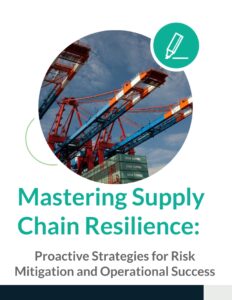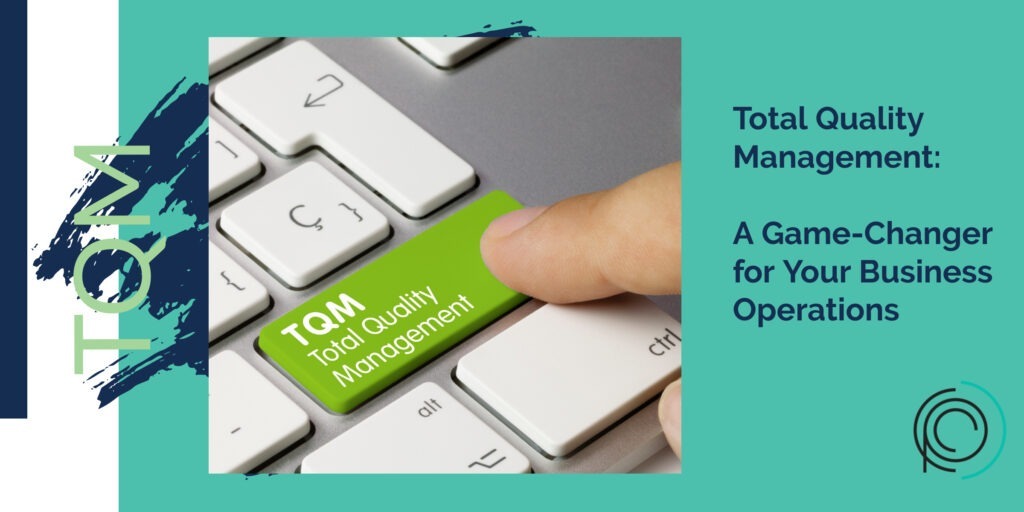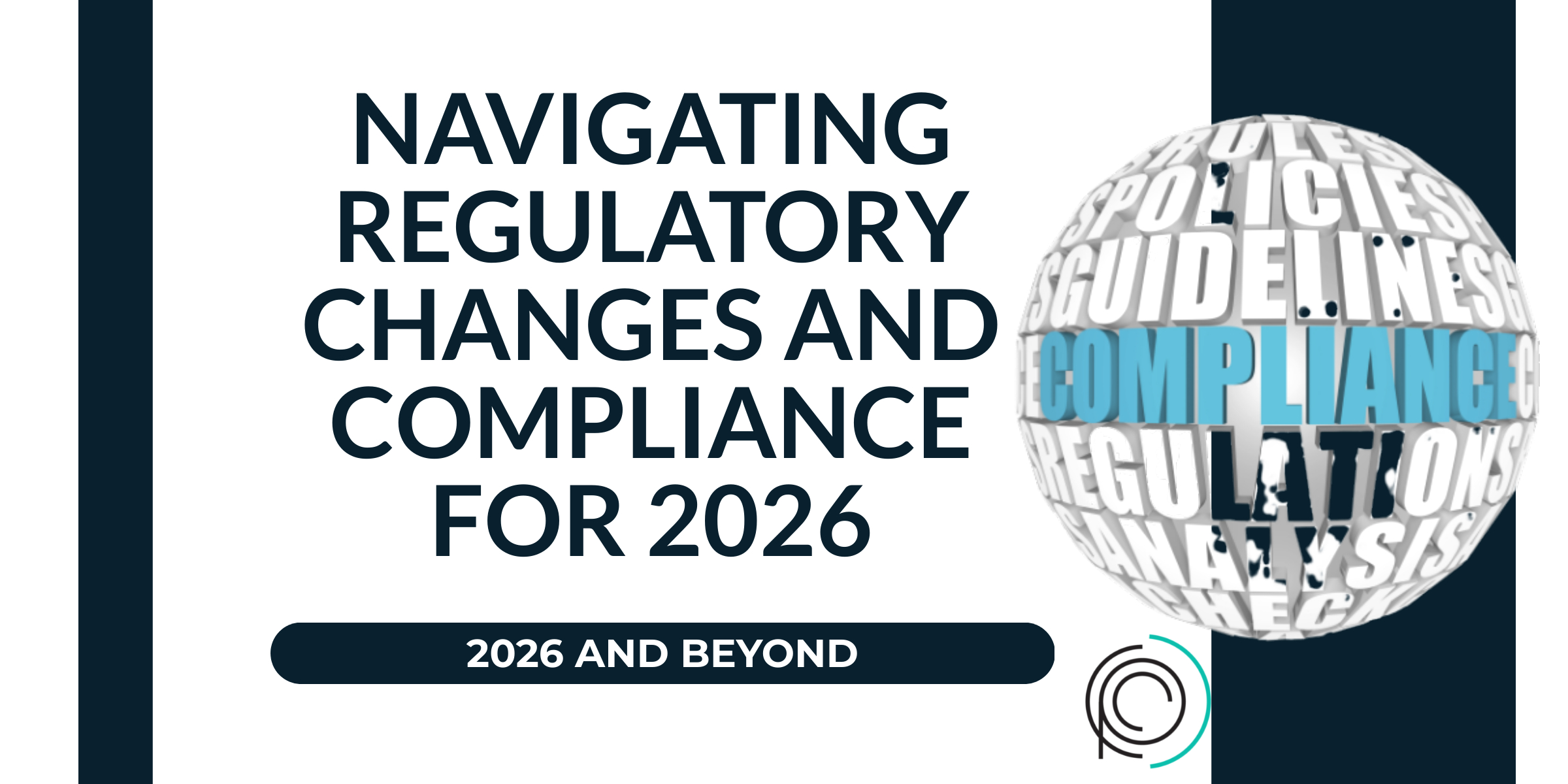Elevating Excellence: How Total Quality Management Transforms Business Performance
As business leaders, one of our paramount responsibilities is ensuring the impeccable quality of our products and services. Quality is not just a metric; it’s a reflection of our commitment to excellence and the primary reason our customers continue to support us. After all, the success and livelihood of our businesses hinge directly on our ability to meet and exceed customer expectations. The quality of what your customer receives speaks volumes about your values and integrity as a business. But the question then arises: how do we consistently deliver high-quality outputs without sacrificing efficiency or depleting our valuable resources? This challenge is precisely where the principles of Total Quality Management (TQM) become invaluable.
TQM is a comprehensive management framework that has gained widespread recognition and implementation across the globe over the past few decades, owing to its proven effectiveness in enhancing the operational performance of businesses. Although its roots can be traced back to the manufacturing industry, where precision and consistency are paramount, TQM has since been embraced by a diverse range of sectors, including services, healthcare, and education, among others. Its adaptability and relevance across different industries underscore its fundamental value: a relentless focus on quality can drive overall business success.
In this blog post, we’ll delve deeper into the essence of Total Quality Management (TQM), exploring its core principles, historical evolution, and the reasons it has become an essential element of successful business strategies. We’ll also provide practical guidance on how you can implement TQM in your organization, from initiating a culture shift to adopting specific tools and methodologies designed to foster continuous improvement. By the end of this post, you’ll have a clearer understanding of how TQM can not only elevate the quality of your products and services but also enhance customer satisfaction, employee engagement, and ultimately, your business’s bottom line.
- Understanding TQM – Total Quality Management
Total Quality Management (TQM) represents a comprehensive approach to management aimed at enhancing a business’s effectiveness through ongoing quality improvement. This methodology encompasses all facets of an organization, from leadership and strategic decision-making to workforce management, operations, and customer service interactions.
At its core, TQM places a strong emphasis on quality as the primary focus of all business operations. It advocates for a culture where every employee, from top-level executives to entry-level workers, is encouraged to strive for excellence and continuous improvement in their tasks. By integrating quality improvement efforts into every activity and process, TQM seeks to eliminate waste, enhance efficiency, and most importantly, increase customer satisfaction.
In essence, TQM is not just a set of standards or a toolkit for quality assurance; it’s a holistic management philosophy that aims to instill quality consciousness throughout the organization. Through this comprehensive strategy, businesses can achieve a competitive advantage by consistently delivering products and services that meet or exceed customer expectations.
2. Significance of Total Quality Management (TQM)
In the rapidly evolving market of today, the importance of Total Quality Management (TQM) cannot be overstated. With competitors relentlessly upgrading their offerings to align with the shifting preferences of [customers](https://cpcchangeagent.com/post/the-voice-of-the-customer-can-t-be-silenced/), companies that do not prioritize quality find themselves at a significant disadvantage. TQM is not just about maintaining standards; it’s a comprehensive approach that involves the entire organization in a relentless pursuit of excellence. By adopting TQM principles, businesses can ensure they not only meet but exceed customer expectations by continuously assessing, analyzing, and refining their operations. This strategic emphasis on quality allows companies to gain invaluable insights into their processes, fostering a culture of continuous improvement. The benefits of implementing TQM extend beyond mere customer satisfaction; it empowers businesses to discover innovative solutions, improve efficiency, enhance employee satisfaction, and ultimately, increase profits. In a world where quality can set you apart from the competition, TQM is the key to unlocking a business’s full potential and securing a dominant position in the market.
3. Benefits of Total Quality Management (TQM)
Total Quality Management (TQM) is a comprehensive strategy that offers a myriad of benefits to organizations aiming for excellence. At its core, TQM ensures the consistent delivery of high-quality products or services, which is vital for maintaining competitiveness in the market. However, the advantages of implementing TQM extend far beyond this fundamental aspect.
One of the most significant benefits is the substantial increase in customer satisfaction. By making quality management a holistic part of the organizational culture, companies can more effectively meet and exceed customer expectations, leading to enhanced customer loyalty and a stronger brand reputation.
Moreover, TQM leads to improved efficiency within organizations. Through the systematic analysis of workflows and processes, TQM enables businesses to streamline operations, thus eliminating unnecessary steps and resources that do not add value. This not only speeds up the production process but also significantly reduces operational costs, making the company more profitable and sustainable in the long run.
Another critical advantage of TQM is its emphasis on data collection and analysis. This rigorous approach to data ensures that decisions are made based on solid evidence, allowing organizations to become more proactive rather than reactive. By identifying potential issues before they escalate into serious problems, companies can maintain smoother operations and avoid the costs and disruptions associated with major failures.
Furthermore, TQM’s focus on identifying and eliminating the root causes of problems encourages a culture of continuous improvement. By constantly seeking ways to reduce waste and enhance processes, businesses can achieve more efficient, faster, and cost-effective operations. This not only improves the bottom line but also fosters an environment of innovation and excellence, where employees are motivated to contribute to the organization’s success.
In summary, TQM offers organizations a powerful framework for achieving superior quality, customer satisfaction, and operational efficiency. Its comprehensive approach to quality management makes it an essential strategy for any business looking to succeed and grow in today’s competitive marketplace.
4. Implementing Total Quality Management (TQM)
Implementing Total Quality Management (TQM) is a comprehensive and strategic process that demands a holistic top-to-bottom approach within an organization. This extensive process entails the development, creation, and rigorous testing of new processes or systems specifically designed to foster and enhance quality across all operations. It involves the critical step of removing, or significantly updating, outdated or manual processes that no longer align with the organization’s desired state of efficiency and quality.
To effectively implement TQM, organizations must prioritize employee training and development extensively. This is pivotal because the success of TQM hinges on the commitment and understanding of every individual within the organization towards the shared quality objectives. Comprehensive training programs should be developed to encompass all levels of the organization, ensuring that each employee possesses the necessary skills and knowledge to contribute effectively to the TQM initiative.
Moreover, a successful TQM implementation requires a deep and nuanced understanding of the customers and their needs, an aspect that companies often inadvertently neglect. Engaging with customers to garner feedback, understand their expectations, and integrating this understanding into the quality improvement process is crucial. Organizations should establish ongoing dialogue with customers to ensure that their products and services continue to meet and exceed customer expectations.
In summary, implementing TQM is not merely about introducing new processes but about fostering a culture of continuous improvement and customer focus throughout the organization. It’s a transformative journey that requires dedication, a thorough understanding of customer needs, and a steadfast commitment to training and developing employees to achieve the highest quality standards.
5. TQM – A Long-term Process
Total Quality Management (TQM) is more than just a process; it’s a long-term commitment that requires unwavering dedication, significant time, and ample resources for its initiation, implementation, and continuous improvement. Embracing TQM means understanding that there are no quick fixes or shortcuts to achieving excellence. This journey is comprehensive and demands the collective commitment of every employee within an organization, extending beyond the stakeholders or leadership to include everyone on the team.
The essence of TQM lies in the relentless pursuit of quality and efficiency in all areas of operation. For this to be effective, there needs to be an ongoing effort to scrutinize and enhance procedures to align them with the strategic goals of the company. This involves regularly reviewing and updating processes, encouraging open communication and feedback among team members, and fostering an environment where continuous improvement is part of the organizational culture.
Adapting to TQM also means staying agile and responsive to the rapidly changing business environments. Organizations must be prepared to pivot and adjust their strategies to maintain alignment with their core objectives and the market’s demands. Despite the challenges and the investment required, the rewards of implementing TQM are substantial. It can lead to significant improvements in product and service quality, customer satisfaction, and operational efficiency, ultimately helping an organization stand out and outperform its competition in the market.
Total Quality Management (TQM) stands out as a revolutionary strategy for businesses aiming to elevate their operational efficiency. This approach introduces a comprehensive system focused on quality enhancement, which is instrumental in streamlining workflows, curtailing expenses, and refining overall operations. The adoption of TQM transcends a mere organizational task; it embodies a transformative journey toward operational excellence.
The advantages of implementing TQM are manifold. It empowers businesses to adopt a proactive stance, meticulously analyzing and addressing potential issues well before they escalate into significant challenges. This proactive approach not only mitigates risks but also ensures a consistent quality of output, thereby enhancing customer satisfaction and loyalty.
Moreover, TQM fosters a culture of continuous improvement, encouraging employees at all levels to contribute ideas for optimizing processes. This collaborative environment boosts morale and drives innovation, further solidifying the foundation for sustainable growth and success.
Embarking on the TQM journey is indeed a substantial commitment that demands a dedicated investment of time and resources. However, the potential rewards are substantial, offering businesses a robust framework for achieving operational superiority and securing a formidable competitive edge in the marketplace.
For organizations poised to embrace Total Quality Management, the path ahead involves meticulous planning, unwavering commitment, and strategic execution. The rewards, however, in terms of increased efficiency, reduced costs, and improved customer satisfaction, are well worth the effort. TQM is not just a process improvement tool; it’s a catalyst for transforming the very essence of how a business operates, ensuring it remains agile, adaptable, and ahead of the curve.
If Total Quality Management resonates with your business goals and you’re keen on exploring how to successfully implement this strategy, we invite you to book a consultation with us today. Let us assist you in navigating the TQM landscape and unlocking the full potential of your operations for a brighter, more prosperous future.






